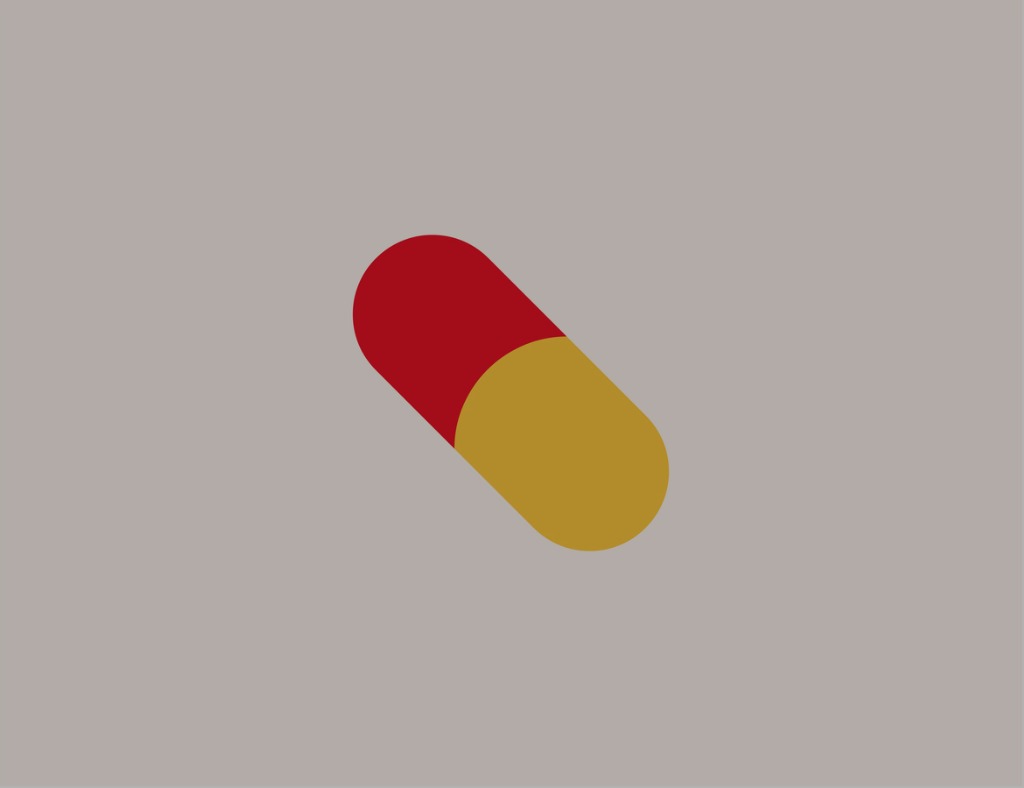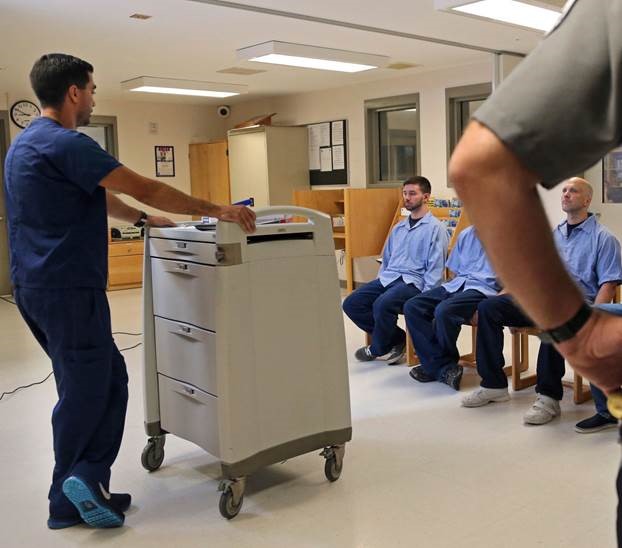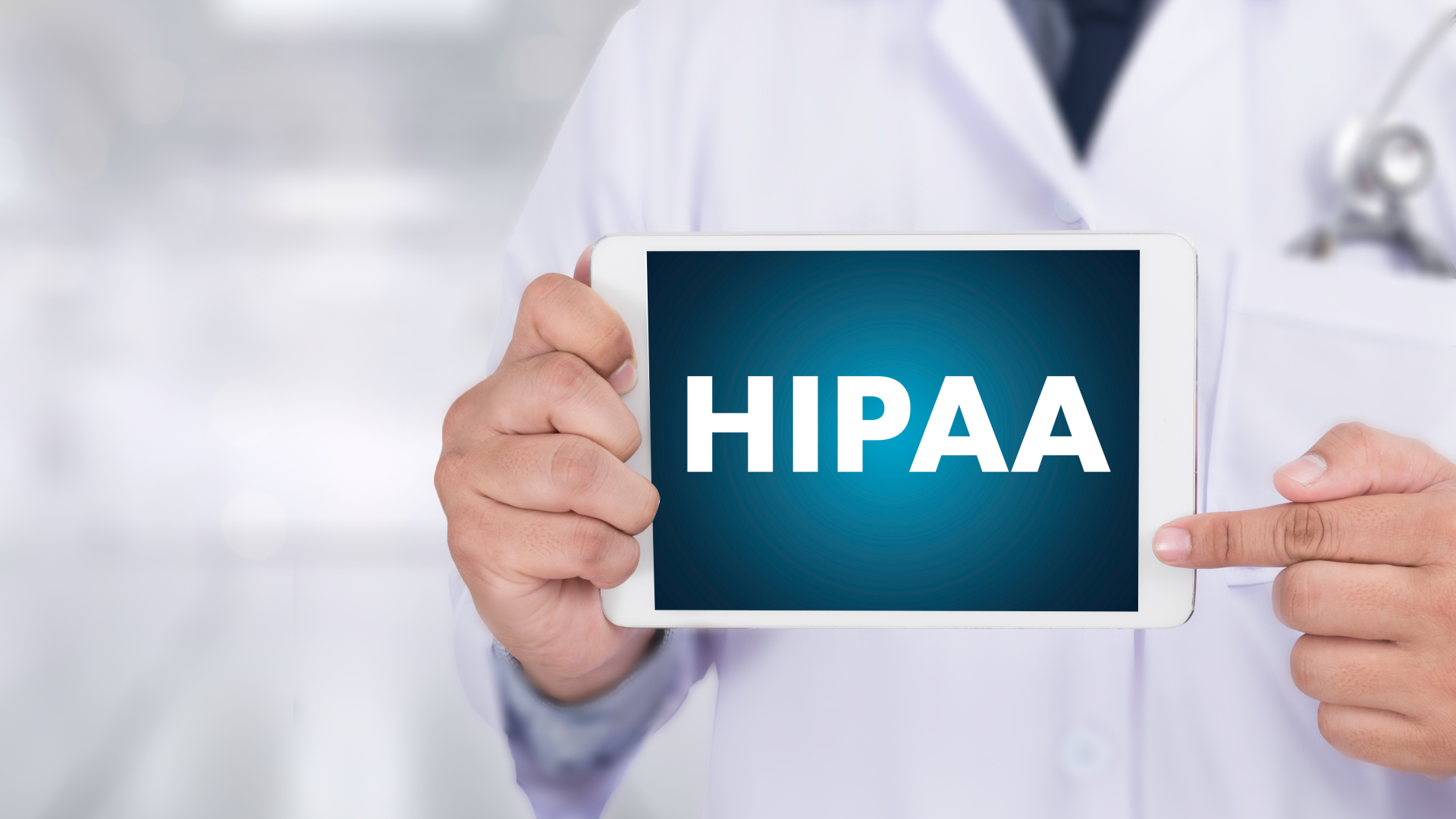Emoji Codes and Social Media’s Illegal Drug Trade
Millions of people throughout the world use social media platforms (or “apps”) providing an easy avenue to reach a large number of people. Legitimate businesses are not the only ones to use social media apps as a marketing tool. In recent years, drug dealers have turned to such apps to solicit buyers and arrange sales. This fact sheet examines the growing use of social media, by drug suppliers, to surreptitiously advertise to a wide audience, by using apps that offer encrypted or disappearing messages....










